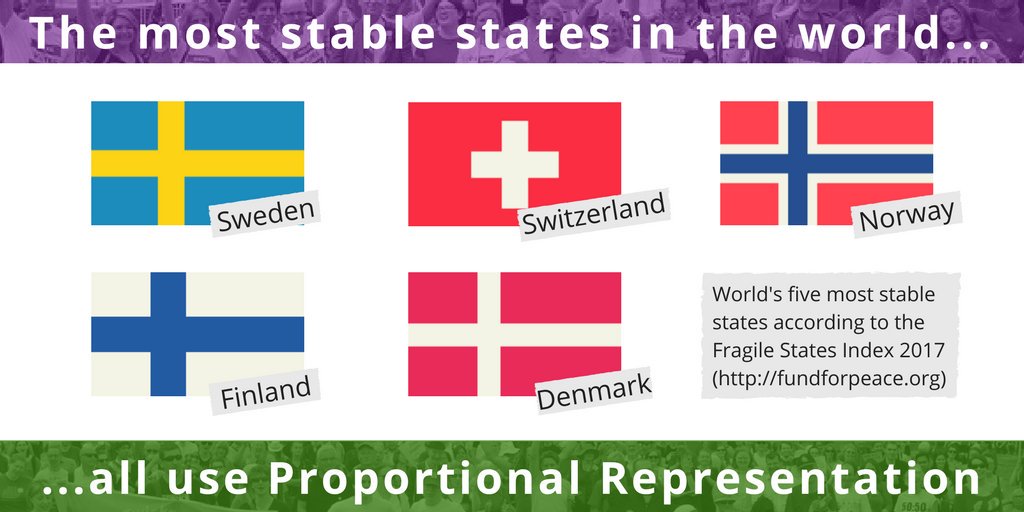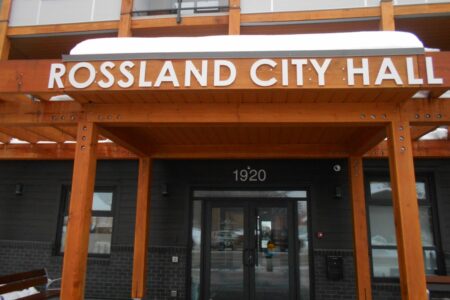Editorial: How we vote, Part Ten: Local representation, proportionality and less corruption
Local representation – everyone wants it, right? Some people may not realize how important local representation is until an issue arises that affects them directly. Then suddenly they want to talk to their MLA. But wait; do they want to talk to an MLA for a party they didn’t vote for?
We do have local representation now, with the current First-Past-the-Post (FPTP) system, but is your local MLA truly accessible under this system? That depends on which district a voter is in, and which party they support. For the true majority – 59.74% — who voted NDP in the West Kootenay district, the local MLA is an obvious choice to see about any concerns; but what about the 24.33% who voted Liberal? Do they feel comfortable taking their concerns to a representative who belongs to the “other side” politically?
What about the Nelson-Creston district, where 28.16% voted Green, but there’s no Green MLA closer than Vancouver Island?
The three Proportional Representation (ProRep) systems we can choose from this fall all keep local representation, and improve it by making the composition of the Legislature more closely match the composition of the voting public. Then, voters of any major political persuasion are more likely to be able to talk with an MLA whose world-view is more compatible with their own. And all MLAs will still be answerable to and accountable to the voters in their district or region.
The Tyee published a recent article on this topic, by Seth Klein.
There are three ProRep systems on offer this fall, and all of them meet the basic requirements of local representation, simplicity for the voter, proportionality, and keeping the size of the Legislature reasonable.
To recap: Voters can decide whether to stick with FPTP, or instead try out a ProRep system before voting on it again in a second referendum after two elections. But we don’t have to vote on which ProRep system we want, if we don’t have any preference for one of the three on the ballot.
But, let’s digress to talk a bit about a criticism of one of the choices on offer . . .
Some opponents of ProRep are claiming that it’s “unconstitutional” to have a voting system with different components for the urban and rural districts, as the “Rural-Urban PR” system would. I can’t imagine why they think it’s “unconstitutional” to use different systems to achieve the same result – proportionality – for rural and urban districts. The differences between urban and rural districts are real, and the Rural-Urban PR system is designed to accommodate the differences, to better suit those districts.
Under the Rural-Urban PR system, the Single Transferable Vote (STV) proposed for densely-populated urban districts would achieve a high degree of proportionality, and the Mixed-Member Proportional (MMP) system would be used for the more sparsely populated rural districts to achieve proportionality.
Is anyone out there still wondering why proportionality is important? Anyone who still thinks we should continue to give a party absolute power to rule the province on the basis of a minority of support?
The problem I see with this typical FPTP outcome is that government decisions are made for all of us on the basis of only one political “voice” – the “single story” referred to in Part Eight of this series. When there’s only one set of priorities and one set of information to consider, decisions can be made with blinding speed – and, often, blindness to some important facts. That “blinding” effect can lead to unintended consequences, some of them disastrous.
When the province’s MLAs better reflect the numbers of voters supporting each party, then—unless one party gains a true majority of the votes – the parties will need to discuss decisions, exchange more information and accommodate each other’s priorities to some extent. Decisions will be informed by more information instead of less information.
Aside from the FPTP unfairness of often shutting out the values and concerns of the majority of voters — when one party gets 100% of the power with a minority of the vote, that party has absolute power. We all know the old saying about the effect of absolute power: “Absolute power corrupts absolutely.”
Like many sayings, it may not always be altogether true, but there is enough truth in it that we should refuse to continue a system that bestows absolute and undeserved power so often. Aren’t we striving for less corruption in government?
No corruption would be best. I think ProRep would help with that.
We’ve all heard a lot about electoral fraud in recent years, too. According to Jan Teorell, a political scientist at Lund University in Sweden, proportional representation elections present less risk of electoral fraud than majority elections in single-member constituencies.
And for those who harp on about “stable” government, I agree that stability is generally a good thing. As the illustration for this editorial shows, ProRep is used by the five countries judged “most stable” by the Fund For Peace, but we should all remember that national stability is affected by a host of other factors. Life is complicated. But we can aim to have the simplicity of fair representation in our Legislature.
























